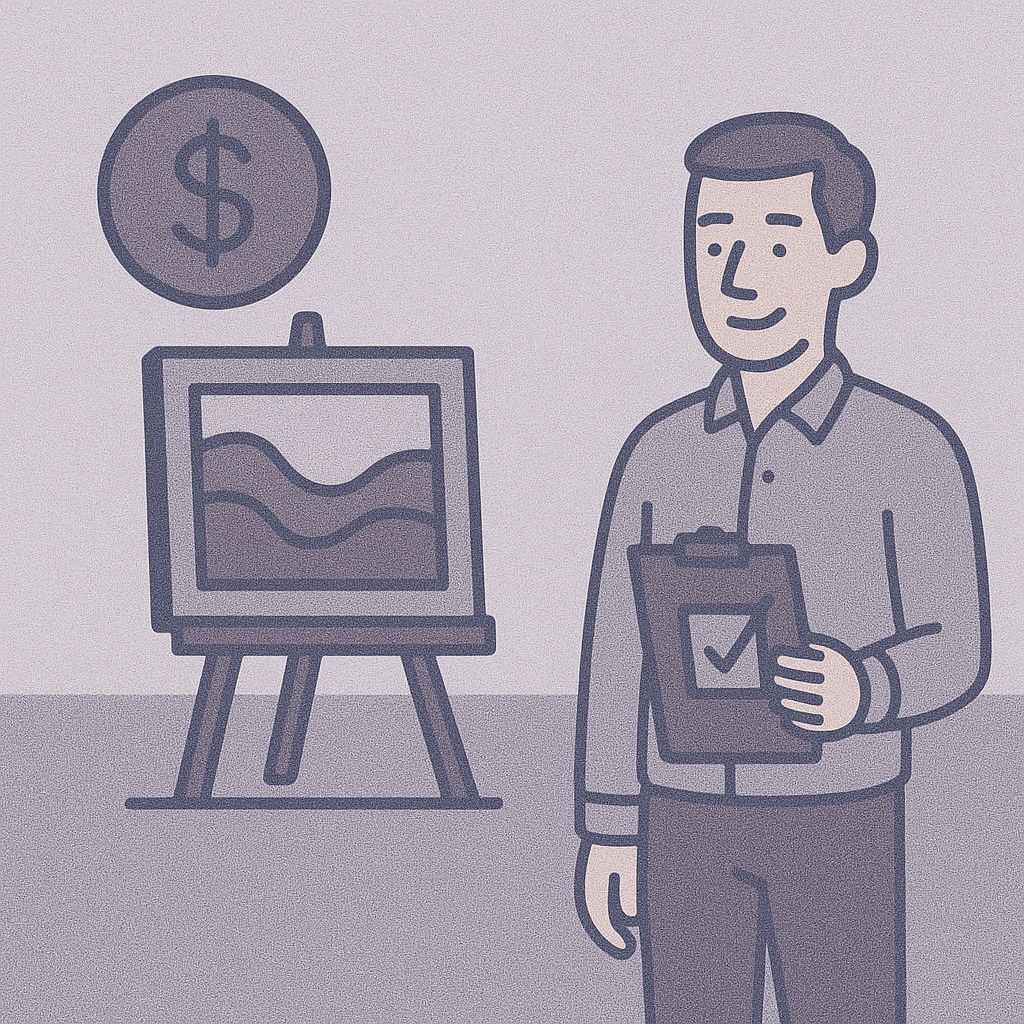






5-Star Service, Trusted & Loved by Hundreds
Your Appraiser Search Ends Here
Your Appraiser Search Ends Here
.avif)

Nationwide Coverage – Appraisals Anywhere in the US

Get it done Onsite or Online

Any Asset, Covered

Defensible for Any Purpose
Frequently Asked
Questions
No Frequently Asked Questions Found.
The core purpose of portfolio evaluation extends beyond simple valuation. It serves as a sophisticated diagnostic tool that offers multiple strategic advantages. Investors gain a nuanced understanding of their financial landscape by examining asset values, tracking performance metrics, and evaluating potential risks.
Key dimensions of portfolio evaluation include comprehensive performance measurement, which allows investors to compare actual returns against market benchmarks and identify high-performing and underperforming assets. This analysis enables precise strategic adjustments, ensuring that investment strategies remain aligned with financial goals and market dynamics.
Risk assessment represents another critical component of portfolio evaluation. By meticulously analyzing the risk profile of individual assets and the overall portfolio, investors can implement targeted risk mitigation strategies. This approach helps balance potential returns with acceptable risk levels, creating a more resilient investment framework.
The evaluation process involves meticulous data collection, application of sophisticated valuation methodologies, and in-depth performance analysis. Professionals typically employ specialized techniques tailored to specific asset types, ensuring accuracy and comprehensiveness in their assessments.
For institutional investors and organizations, portfolio evaluation transcends strategic planning. It plays a crucial role in financial reporting, regulatory compliance, and maintaining transparency for stakeholders. The insights derived from thorough evaluations provide a clear, authoritative snapshot of financial health and potential.
Ultimately, portfolio evaluation empowers investors with the knowledge needed to make informed, strategic decisions. By providing a holistic view of asset performance, value, and potential risks, this practice is an indispensable tool for sophisticated financial management.
Professional valuation goes beyond simple number-crunching. It involves a nuanced analysis of market dynamics, asset performance, and potential growth trajectories. Investors and businesses gain a multifaceted view of their holdings, uncovering hidden opportunities and potential risks that might otherwise remain obscured.
The value of a professional appraisal extends far beyond a single snapshot of worth. It enables more sophisticated financial planning, allowing stakeholders to make informed decisions about asset allocation, risk management, and strategic investment moves. Whether you're managing personal investments or overseeing a complex corporate portfolio, a detailed appraisal provides the clarity needed to navigate increasingly complex financial environments.
By synthesizing market trends, comparative analysis, and detailed asset examination, an appraisal offers a holistic perspective on investment performance. This approach helps investors identify underperforming assets, recognize emerging opportunities, and develop more resilient investment strategies.
Comprehensive portfolio evaluation ultimately empowers decision-makers with the knowledge to optimize their financial positioning, mitigate potential risks, and create more targeted investment approaches. The insights gained from a professional appraisal transform raw financial data into a strategic roadmap for future growth and financial success.
An artwork appraisal represents a comprehensive professional evaluation that precisely determines the monetary and historical value of an art piece. This meticulous process involves expert assessment of multiple intricate factors that collectively influence an artwork's market worth and significance.
Professional art appraisers employ a sophisticated methodology that examines critical elements such as the artwork's provenance, authenticity, physical condition, current market dynamics, and the artist's reputation. Each of these components plays a crucial role in establishing an accurate and defensible valuation.
The evaluation goes far beyond a simple price assessment. Appraisers conduct detailed investigations that may include forensic analysis of materials, historical research into the artwork's origins, and careful examination of minute details that can substantiate or challenge the piece's perceived value. They leverage extensive knowledge of artistic styles, market trends, and collector interests to provide a nuanced understanding of an artwork's worth.
Different stakeholders rely on artwork appraisals for diverse purposes, including insurance documentation, estate planning, potential sale transactions, and tax compliance. The appraisal serves as an authoritative document that provides clarity and confidence for collectors, institutions, and potential buyers.
The complexity of art valuation requires a sophisticated approach that balances objective analysis with deep understanding of artistic and market contexts. A comprehensive appraisal not only quantifies monetary value but also captures the intrinsic cultural and historical significance of the artwork.
Online artwork appraisals have become increasingly sophisticated, offering art owners a convenient and comprehensive method to determine the value of their pieces. The process typically begins with submitting high-resolution photographs that capture essential details of the artwork. Professional appraisers carefully analyze these images, examining critical aspects such as condition, artistic technique, and distinctive characteristics.
Beyond visual documentation, appraisers collect contextual information through digital communication channels. Owners provide supplemental details about the artwork's provenance, artist background, and historical significance, which help create a more nuanced valuation. This collaborative approach allows for a thorough assessment without the constraints of physical proximity.
Live video consultations have emerged as an innovative component of online art appraisals. Using platforms like Zoom or Google Meet, appraisers can engage directly with clients, rotating artwork, examining specific details, and conducting real-time discussions. This interactive method bridges the gap between digital and in-person assessment, enabling a more dynamic and comprehensive evaluation.
The digital appraisal process offers substantial benefits, including accessibility for individuals in remote locations, flexibility for busy clients, and reduced logistical complexities. Professional appraisers maintain rigorous standards, ensuring that online evaluations are as meticulous and credible as traditional in-person assessments.
Modern technology has transformed artwork appraisals, creating a streamlined, efficient approach that meets the evolving needs of art collectors and owners. By leveraging digital tools and professional expertise, online appraisals provide accurate, comprehensive valuations with unprecedented convenience.
Artwork appraisers are specialized professionals who meticulously assess the value of diverse art forms. Their expertise spans multiple domains, each requiring unique skills and deep knowledge of artistic markets, historical context, and aesthetic evaluation.
Fine art appraisers concentrate on traditional art mediums like paintings, sculptures, and drawings. These experts possess comprehensive understanding of art movements and market dynamics, often developing profound specialization in specific periods such as Impressionism or Contemporary art.
Decorative art appraisers evaluate functional artistic items including furniture, ceramics, glassware, and textiles. Their assessments consider craftsmanship, material quality, historical significance, and provenance, making them invaluable to collectors and antique dealers seeking precise valuations.
Digital art appraisers represent an emerging professional category addressing the rapidly evolving technological art landscape. They specialize in evaluating digital creations, graphic designs, digital paintings, and emerging formats like NFTs, reflecting the dynamic nature of contemporary artistic expression.
Antique appraisers focus on artworks exceeding 100 years in age, conducting thorough examinations that extend beyond aesthetic value. They scrutinize historical importance, authenticity, and originality, distinguishing genuine historical pieces from reproductions and potential forgeries.
Specialty appraisers develop expertise in distinct artistic niches, concentrating on specific artists, regional styles, or unique media such as photography or limited edition prints. Their targeted knowledge enables nuanced, precise valuations within specialized artistic domains.
Institutional appraisers employed by museums, galleries, and cultural organizations perform critical valuation services for collections, exhibitions, and acquisitions. Operating under rigorous ethical standards, they provide essential assessments for insurance, donation, estate planning, and cultural preservation purposes.
Artworks transcend mere visual appeal, representing significant financial and emotional investments. Professional appraisals provide critical insights that extend far beyond simple price determination, serving multiple strategic purposes for art owners.
Insurance protection stands as a primary motivation for artwork appraisals. Without accurate documentation, collectors risk inadequate compensation during loss, theft, or damage scenarios. Precise valuations enable insurance companies to establish appropriate coverage, ensuring financial security for valuable pieces.
Estate planning represents another crucial context for art appraisals. When transferring assets between generations, comprehensive valuations help establish fair market values, potentially mitigating potential tax complications and familial disputes. Executors and heirs gain clarity about the financial landscape of inherited artwork collections.
Charitable donations also benefit from professional appraisals. For artwork valued over specific thresholds, formal assessments become essential for claiming tax deductions. These documentations provide nonprofits with transparent understanding of donated asset values while offering potential tax advantages to donors.
Preparing for potential sales requires nuanced market understanding. Appraisals illuminate current market trends, helping owners set competitive pricing strategies. Whether considering auction placement or private sale, comprehensive evaluations empower informed decision-making.
Investment portfolios increasingly recognize art as a valuable asset class. Professional appraisals help collectors assess artwork's financial potential, tracking appreciation and understanding long-term value trajectories. These insights support sophisticated wealth management approaches.
Authenticity verification represents an often-overlooked yet critical appraisal benefit. Reputable assessments not only determine monetary value but also confirm artwork provenance, protecting collectors from potential fraud and enhancing piece legitimacy.
Ultimately, artwork appraisals represent more than financial transactions—they are comprehensive explorations of cultural, historical, and monetary significance. By bridging emotional attachment and strategic financial planning, professional evaluations offer collectors comprehensive perspectives on their artistic investments.
What Makes Artwork Appraisal Critical for Investors?
Why Artwork Appraisal Is Essential for Smart Investment Strategies
Investing in artwork has evolved from a niche passion to a sophisticated financial strategy. Understanding the nuanced value of art pieces is crucial for making informed investment decisions. Let's explore the critical reasons why professional artwork appraisal is indispensable for serious investors.
Key Benefits of Professional Artwork Appraisal
- Establishing Precise Market Value
A professional appraisal provides a comprehensive assessment of an artwork's current market value. This evaluation considers multiple dynamic factors, including:
- Artist reputation and historical significance
- Artwork provenance and historical documentation
- Current market trends and collector interest
- Condition and preservation quality
- Strategic Investment Risk Management
Art investments carry unique financial complexities that require careful navigation. A professional appraisal helps investors:
- Identify potential investment vulnerabilities
- Understand market volatility
- Make data-driven acquisition decisions
- Mitigate potential financial risks
- Comprehensive Insurance Protection
Accurate artwork valuation is essential for securing appropriate insurance coverage. Professional appraisals ensure:
- Precise replacement value determination
- Prevention of under or over-insurance
- Protection against potential financial losses
- Streamlined claims processes
- Advanced Estate Planning and Tax Considerations
Artwork can represent significant financial assets in estate planning. Professional appraisals provide crucial support by:
- Establishing accurate asset valuations
- Supporting tax compliance
- Facilitating equitable inheritance distributions
- Minimizing potential tax liabilities
- Sophisticated Market Intelligence
Professional art appraisals offer more than monetary valuation—they provide comprehensive market insights through:
- Detailed market trend analysis
- Comparative valuation research
- Historical performance tracking
- Future investment potential assessment
Conclusion
Professional artwork appraisal transcends simple valuation—it's a strategic tool for sophisticated investors. By leveraging expert insights, investors can transform art from a passive asset into a dynamic component of their comprehensive financial portfolio.
Investment Strategies: How Art Valuation Guides Portfolio Decisions
Investment in art represents a sophisticated approach to portfolio diversification and long-term wealth management. As the art market continues to evolve, understanding the nuanced value of your collection becomes crucial for strategic financial planning.
Key Benefits of Art Valuation in Investment Strategy
- Market Value Assessment: Provides an accurate estimation of a piece's current market worth, enabling precise financial tracking
- Portfolio Diversification: Offers a non-correlated asset that can appreciate independently of traditional market fluctuations
- Strategic Decision Making: Helps identify potential investment opportunities and optimize collection performance
Critical Aspects of Art Investment Analysis
Financial Considerations
Art valuation goes beyond simple pricing, serving as a comprehensive tool for:
- Assessing potential investment returns
- Comparing performance against traditional assets
- Identifying underperforming collection pieces
Strategic Portfolio Management
Effective art valuation enables investors to:
- Make informed decisions about purchasing or selling artworks
- Align collection strategy with current market trends
- Optimize overall portfolio balance
Beyond Financial Metrics
Art investment uniquely combines financial strategy with personal passion. While monetary value is crucial, the emotional and aesthetic significance of art adds an intrinsic dimension to investment decisions that traditional assets cannot replicate.
Comprehensive Investment Approach
A holistic art valuation process considers multiple factors:
- Current market trends
- Artist reputation
- Artwork condition
- Historical sales data
- Potential restoration value
Ultimately, art valuation serves as a strategic tool that transcends simple pricing, providing insights for acquisition, insurance, estate planning, and creating a balanced investment portfolio that reflects both financial objectives and personal aesthetic preferences.
Decoding the Complex Landscape of Artwork Valuation
Artwork appraisal is a nuanced process that requires a comprehensive understanding of multiple interconnected factors. This intricate landscape demands careful consideration of various elements that collectively determine an artwork's true market value.
Key Dimensions of Artwork Valuation
Historical Significance and Provenance
An artwork's documented history profoundly impacts its valuation. Critical aspects include:
- Documented ownership lineage
- Authenticity verification
- Connections to renowned collectors or dealers
- Historical context of the artwork's creation
Artistic Merit and Reputation
The artist's standing and the artwork's inherent quality are crucial valuation determinants:
- Artist's critical acclaim and market recognition
- Technical skill and innovative techniques
- Unique artistic expression
- Place within broader artistic movements
Market Dynamics and Collector Demand
Market trends can significantly influence artwork valuation through:
- Shifting collector interests
- Contemporary artistic movements
- Demographic preferences
- Global art market fluctuations
Physical Condition and Preservation
The artwork's physical state plays a critical role in determining its value:
- Overall preservation quality
- Restoration history
- Material integrity
- Conservation techniques applied
Comparative Market Analysis
Professional appraisers utilize comprehensive comparative strategies, including:
- Recent auction sale prices
- Private sale records
- Gallery listing evaluations
- Comprehensive market trend assessments
Understanding these multifaceted valuation components requires specialized expertise and a nuanced approach to art market analysis.
Navigating Different Approaches to Artwork Appraisal
Understanding different artwork appraisal approaches provides valuable insights for portfolio evaluation. Each method offers unique perspectives to help collectors and investors accurately assess their art holdings.
Comparative Market Analysis
This technique evaluates artwork value by examining recently sold similar pieces. Key considerations include:
- Artist reputation
- Artistic style
- Medium
- Artwork condition
- Current market trends
By analyzing comprehensive sales data, appraisers can estimate realistic price ranges, making this method especially popular among gallery owners and private collectors.
Cost Approach
The cost approach calculates value based on artwork creation expenses, including:
- Raw material costs
- Labor investments
- Production overhead
While this method might not capture artistic significance or market demand, it provides transparent insight into the underlying investment, particularly useful for emerging artists or works with identifiable production expenses.
Expert Opinion Valuation
Art historians and professionals contribute critical qualitative assessments through:
- Extensive art historical knowledge
- Provenance research
- Understanding market dynamics
- Evaluating cultural and emotional significance
Expert perspectives can dramatically enhance appraisal accuracy by incorporating nuanced contextual understanding beyond mere financial metrics.
Insurance Appraisal
This specialized service determines artwork value specifically for protection purposes, ensuring owners can receive appropriate compensation in cases of loss or damage. Key objectives include:
- Documenting current market value
- Establishing replacement cost
- Providing comprehensive documentation
By leveraging multiple appraisal approaches, collectors can develop a comprehensive understanding of their artwork's true value, enabling more informed portfolio management and investment strategies.
The Professional Artwork Appraisal Methodology Unveiled
Understanding Professional Artwork Appraisal Methodology
Artwork appraisal is a sophisticated process that combines analytical expertise and comprehensive research to determine an artwork's precise market value. Professionals follow a structured approach that ensures accuracy and credibility.
Key Components of Professional Artwork Appraisal
- Comprehensive Research
- Investigate the artwork's complete provenance
- Analyze artist's historical significance and market reputation
- Examine exhibition and ownership history
- Track previous sales and market performance
- Detailed Condition Assessment
- Meticulously inspect physical condition
- Evaluate preservation and restoration quality
- Identify potential damage or alterations
- Determine impact on overall artwork value
- Comparative Market Analysis
- Compare artwork with recent similar sales
- Consider artist's current market standing
- Analyze artwork's unique characteristics
- Assess current market trends and collector interests
- Advanced Valuation Techniques
- Utilize replacement cost methodology
- Apply income capitalization approaches
- Consider potential licensing or display value
- Evaluate artwork's long-term investment potential
The Comprehensive Appraisal Report
Professional appraisers synthesize their findings into a detailed report that serves multiple critical purposes:
- Provides definitive market value assessment
- Supports insurance documentation
- Facilitates potential sales strategies
- Assists in estate planning and financial documentation
By understanding this rigorous methodology, art collectors and investors can make informed decisions about their artwork portfolios, ensuring accurate valuation and strategic management of their artistic assets.
How to Select an Expert Art Appraiser
Essential Factors in Selecting an Expert Art Appraiser
Selecting a qualified art appraiser is a critical decision that can significantly impact the accuracy and credibility of your artwork's valuation. The right professional brings expertise, integrity, and comprehensive market knowledge to your portfolio assessment.
Professional Qualifications to Prioritize
- Professional Associations
- Verify membership in recognized organizations like the American Society of Appraisers
- Check for adherence to strict ethical standards and ongoing professional development
- Specialized Experience
- Look for appraisers with targeted expertise in specific art periods or mediums
- Consider years of professional practice and depth of market understanding
Critical Evaluation Criteria
- Transparency in Appraisal Process
- Request clear explanation of valuation methodology
- Ensure approach aligns with industry-standard practices
- Comprehensive Reporting
- Obtain detailed written reports with market analysis
- Verify inclusion of comparable sales data
- Check for thorough artwork descriptions
Additional Vetting Considerations
- Professional Reputation
- Review client testimonials and references
- Check for potential conflicts of interest
- Confirm independence from artwork sales channels
- Communication Effectiveness
- Assess approachability and willingness to explain complex valuation details
- Evaluate ability to communicate technical information clearly
By meticulously evaluating these key aspects, art collectors and investors can confidently select an appraiser who will provide accurate, trustworthy, and comprehensive artwork valuations.
Overcoming Challenges in Art Market Assessments
The art market is a complex ecosystem that presents unique challenges for professionals conducting artwork valuations. Successfully navigating these challenges requires a sophisticated understanding of multiple interconnected factors.
Key Challenges in Art Market Assessments
1. Value Variability
- Art values are inherently dynamic and influenced by multiple external factors
- Pricing is impacted by cultural trends, market demand, and artistic movements
- Emotional and historical significance complicate straightforward valuation processes
2. Limited Market Data
- No centralized pricing databases exist for art market transactions
- Lack of standardized pricing mechanisms
- Market evolution driven by:
- High-profile auctions
- Prestigious exhibitions
- Celebrity and influencer endorsements
3. Provenance Complexities
- Documented ownership history is crucial for establishing artwork value
- Challenges in tracing comprehensive ownership records
- Authentication difficulties, especially for older artworks
Strategic Approaches to Overcoming Assessment Challenges
- Develop comprehensive market intelligence
- Maintain continuous learning about artistic trends
- Leverage expert networks and specialized knowledge
- Utilize advanced research methodologies
Successful art portfolio evaluation demands a multifaceted approach that integrates technical expertise, market understanding, and nuanced contextual analysis. Professionals must remain adaptable and continuously refine their assessment strategies to navigate the art market's inherent complexities.
Market Dynamics: Understanding Art Valuation Trends
Understanding Art Market Dynamics
Art valuation is a complex process deeply influenced by multiple interconnected factors that continuously reshape the market landscape. Successful collectors and investors must develop a nuanced understanding of these dynamic elements to make informed portfolio decisions.
Key Market Influencers
- Market Demand and Supply
The fundamental economic principles of demand and supply dramatically impact art valuations. Key drivers include:
- High-profile auction results
- Gallery exhibition popularity
- Social media and digital art trends
- Scarcity of specific artworks or artist collections
- Artist Reputation Dynamics
An artist's professional standing significantly influences artwork value through:
- Career trajectory and critical recognition
- Institutional exhibitions and museum acquisitions
- Historical market performance
- Critical and peer acknowledgment
- Artwork Intrinsic Characteristics
Valuation heavily depends on specific artwork attributes:
- Artwork condition
- Technical execution
- Artistic innovation
- Documented provenance
- Economic and Broader Market Context
Macroeconomic factors create significant market fluctuations, including:
- Global economic stability
- Collector purchasing power
- Investment sentiment
- Cultural and geopolitical trends
Strategic Portfolio Considerations
Successful art portfolio management requires continuous monitoring of these dynamic market elements. Collectors must remain adaptable, recognizing that art valuation is not static but a fluid ecosystem responsive to multiple complex influences.
By developing a comprehensive understanding of these market dynamics, investors can make more strategic decisions, balancing aesthetic appreciation with potential financial performance.
Preserving and Protecting Your Art Investment Documentation
Preserving and Protecting Your Art Investment Documentation
Investing in art represents a sophisticated approach to building a diverse and potentially lucrative portfolio. However, successful art collection extends far beyond aesthetic appreciation – it requires strategic documentation and preservation strategies.
Essential Documentation for Art Collectors
- Provenance Records
Comprehensive ownership history documentation is critical for establishing an artwork's authenticity and value. Key elements include:
- Original purchase receipts
- Sales contracts
- Exhibition documentation
- Authentication certificates
- Condition Reports
Professional assessments provide crucial insights into an artwork's physical integrity:
- Periodic professional evaluations
- Detailed notes on restoration work
- Conservation recommendations
- Photographic documentation of artwork condition
- Professional Appraisal Documentation
Regular professional appraisals ensure accurate valuation tracking:
- Objective market value assessments
- Periodic reassessments during market fluctuations
- Comprehensive reports for insurance and estate planning
- Comparative market analysis
- Insurance Documentation
Protecting your investment through comprehensive coverage:
- Updated insurance policies
- Accurate valuation reflection
- Detailed coverage specifications
- Regular policy reviews
- Digital Archiving
Modern documentation strategies for comprehensive collection management:
- High-resolution digital photographs
- Electronic provenance records
- Cloud-based storage solutions
- Comprehensive digital inventory management
Long-Term Benefits of Meticulous Documentation
Strategic documentation transforms art collecting from a passive acquisition to an active investment strategy. By maintaining comprehensive records, collectors can:
- Verify artwork authenticity
- Track market value progression
- Facilitate potential future sales
- Optimize insurance coverage
- Preserve collection historical significance
Ultimately, successful art investment relies on more than aesthetic selection – it demands rigorous documentation, professional assessment, and proactive preservation strategies.
Tax Considerations in Art Portfolio Management
Understanding Art as an Investment
Art is more than a visual asset—it's a complex financial instrument with unique tax implications. Unlike traditional investments, artwork requires specialized tax strategies that can significantly impact your overall financial portfolio.
Capital Gains Tax Fundamentals
Selling artwork triggers specific tax considerations:
- Short-term holdings (1 year or less): Taxed at ordinary income rates
- Long-term holdings (over 1 year): Potentially lower tax rates
- Profit calculations based on original purchase price vs. sale price
Charitable Donation Strategies
Artwork donations offer potential tax benefits when specific conditions are met:
- Deductions typically based on fair market value
- Minimum holding period of one year recommended
- Requires detailed documentation and professional appraisal
- Personal use property may have different reporting requirements
Estate Planning and Art Assets
Art collections can significantly impact estate tax planning:
- Artworks are considered valuable assets in estate valuations
- IRS requires professional appraisals for accurate valuation
- Potential tax implications for heirs depending on collection value
- Strategic planning can minimize tax burden for beneficiaries
Strategic Record-Keeping
Comprehensive documentation is crucial for effective art portfolio management:
- Maintain detailed purchase records
- Obtain regular professional appraisals
- Track artwork provenance and value history
- Consult tax professionals specializing in art assets
Key Recommendations
Successfully navigating art portfolio tax considerations requires:
- Proactive financial planning
- Regular portfolio assessment
- Professional tax guidance
- Comprehensive documentation
By understanding these nuanced tax strategies, collectors can optimize their art investments while ensuring compliance with complex tax regulations.
Emerging Technologies Transforming Art Appraisal
The art world is undergoing a remarkable transformation driven by cutting-edge technologies that are revolutionizing the traditional art appraisal process. As the industry seeks greater precision and efficiency, innovative tools are reshaping how art is valued and understood.
Artificial Intelligence: Revolutionizing Art Analysis
Artificial intelligence has emerged as a game-changing technology in art appraisal, offering unprecedented insights through:
- Advanced algorithmic analysis of thousands of artworks simultaneously
- Comprehensive market trend evaluation
- Predictive pricing models based on extensive historical data
- Objective assessment of artwork characteristics beyond human perception
Blockchain: Ensuring Transparency and Provenance
Blockchain technology is transforming art authentication and valuation by:
- Creating immutable digital records of artwork ownership
- Providing transparent and verifiable provenance tracking
- Reducing potential for fraudulent transactions
- Establishing a secure historical record for each artwork
Immersive Technologies: Expanding Art Exploration
Virtual and augmented reality are reshaping how art is experienced and appraised through:
- Interactive digital exhibitions
- Remote artwork examination
- Detailed 3D rendering of artwork details
- Global accessibility for collectors and appraisers
Digital Platforms: Democratizing Art Valuation
Online platforms are breaking down traditional barriers in art appraisal by:
- Connecting collectors with global experts
- Providing access to diverse artwork portfolios
- Enabling remote consultations
- Streamlining the valuation process
The Future of Art Appraisal
As technology continues to advance, the art appraisal landscape is rapidly evolving. These emerging technologies promise to deliver more accurate, transparent, and accessible valuation methods, ultimately empowering collectors and investors with unprecedented insights into art market dynamics.
Strategically Enhancing Your Art Investment Portfolio
Art investment has emerged as a strategic method for portfolio diversification, offering a unique blend of aesthetic appreciation and potential financial growth. Enhancing an art investment portfolio requires a nuanced understanding of artwork valuation and strategic asset management.
Key Components of Art Portfolio Evaluation
- Comprehensive Asset Assessment: Professional artwork appraisals provide critical insights into each piece's value and potential
- Market Dynamics: Understanding current art market trends and emerging opportunities
- Strategic Collection Management: Identifying high-performing and underperforming assets
Critical Factors in Art Investment Valuation
Determinants of Artwork Value
- Artist reputation and historical significance
- Artwork provenance and historical documentation
- Physical condition and preservation quality
- Current market demand and collector interest
Benefits of Professional Artwork Appraisal
- Accurate market value determination
- Insurance protection and risk management
- Strategic collection refinement
- Informed investment decision-making
The Importance of Regular Portfolio Evaluation
The art market is inherently dynamic, influenced by economic, cultural, and societal shifts. Regular professional appraisals enable collectors to:
- Track portfolio performance
- Identify emerging investment opportunities
- Adapt collection strategy to market trends
- Optimize asset positioning
Strategic Investment Approach
Successful art investment transcends mere acquisition. It requires a holistic approach that combines passionate collecting with strategic financial planning. Professional appraisals serve as a critical tool in navigating the complex landscape of art investment, providing collectors with the insights needed to make informed decisions.
By approaching art collection as a sophisticated investment strategy, collectors can balance aesthetic appreciation with financial potential, creating a dynamic and potentially lucrative portfolio.
View all Locations
BEST-IN-CLASS APPRAISERS, CREDENTIALED BY:










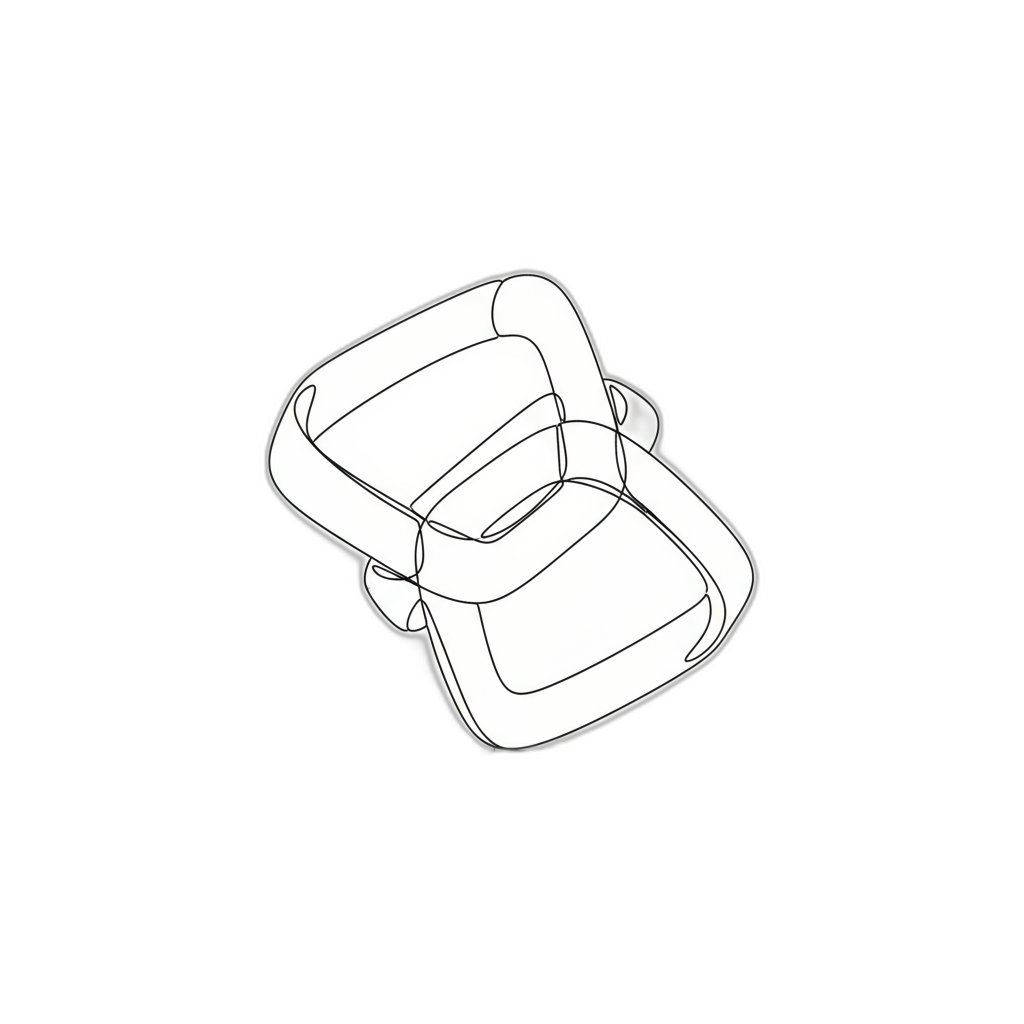
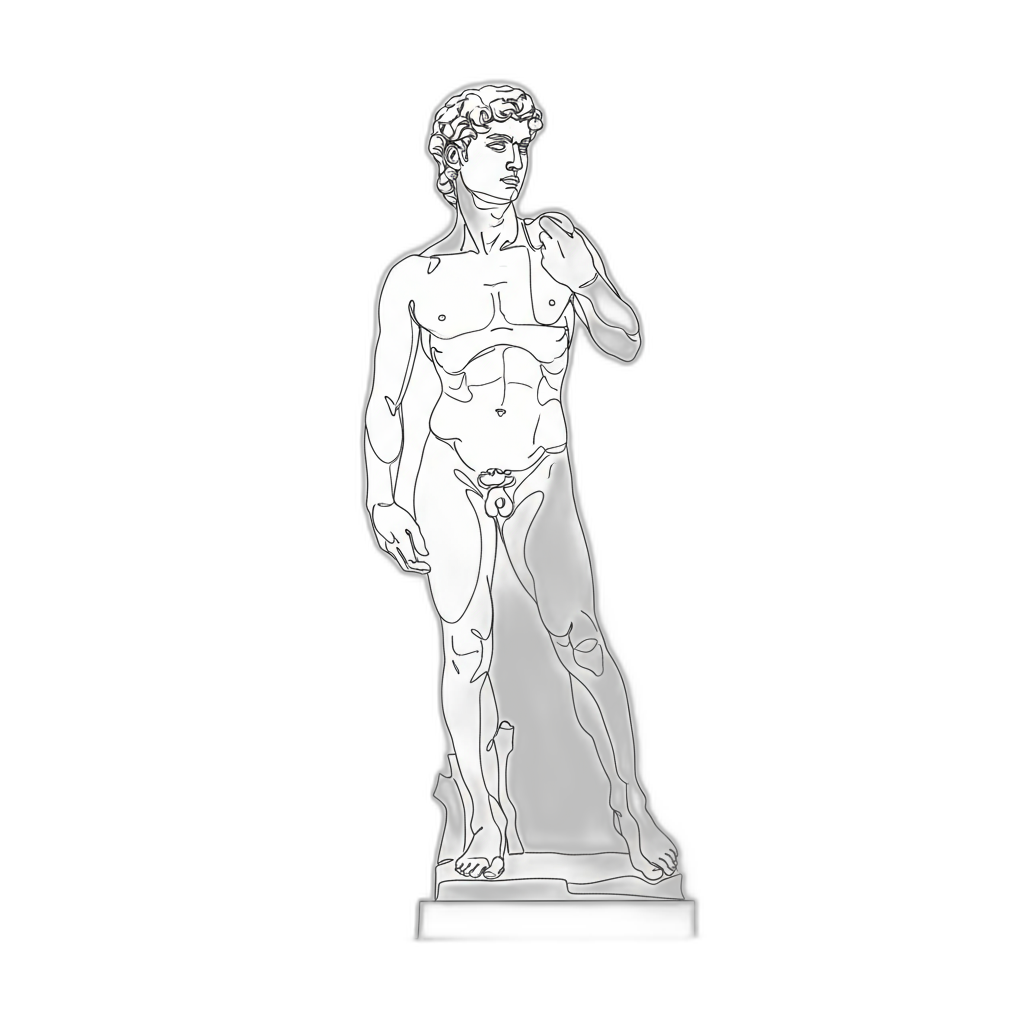

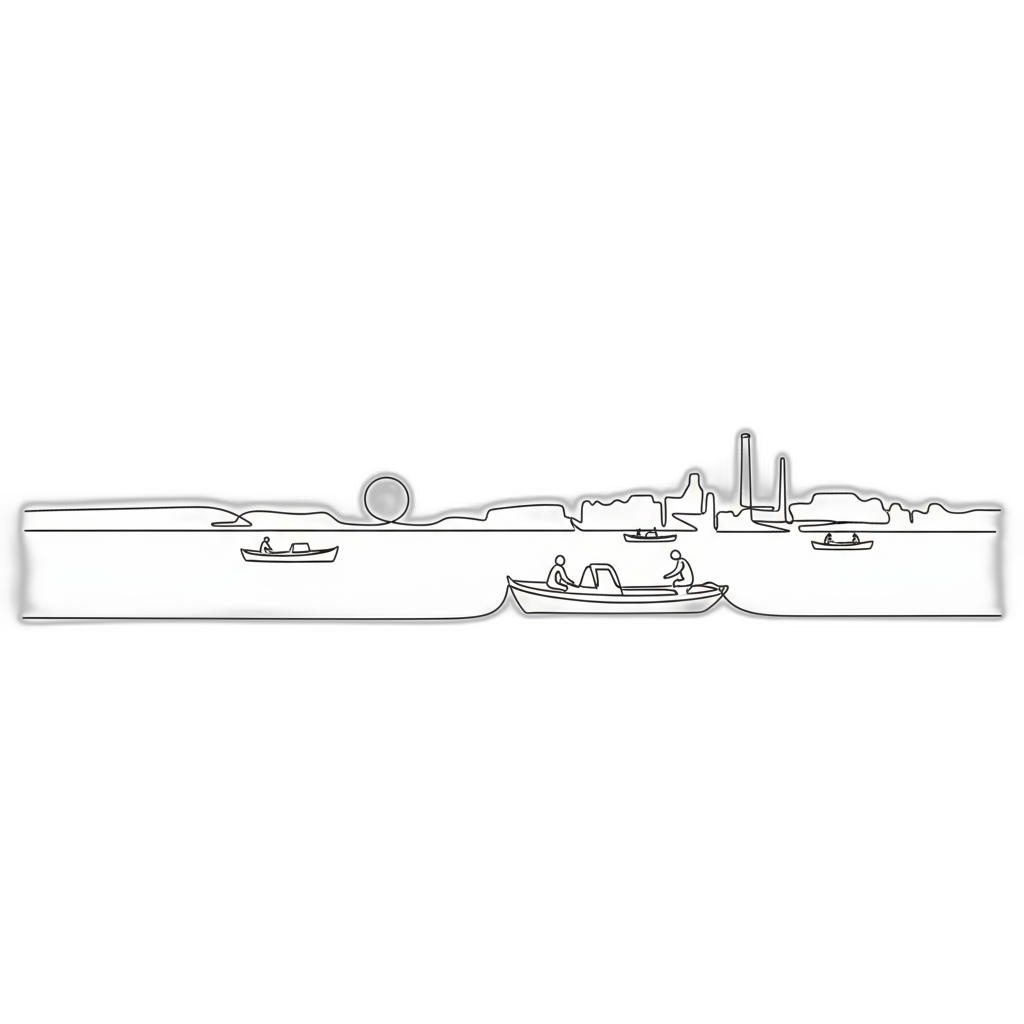

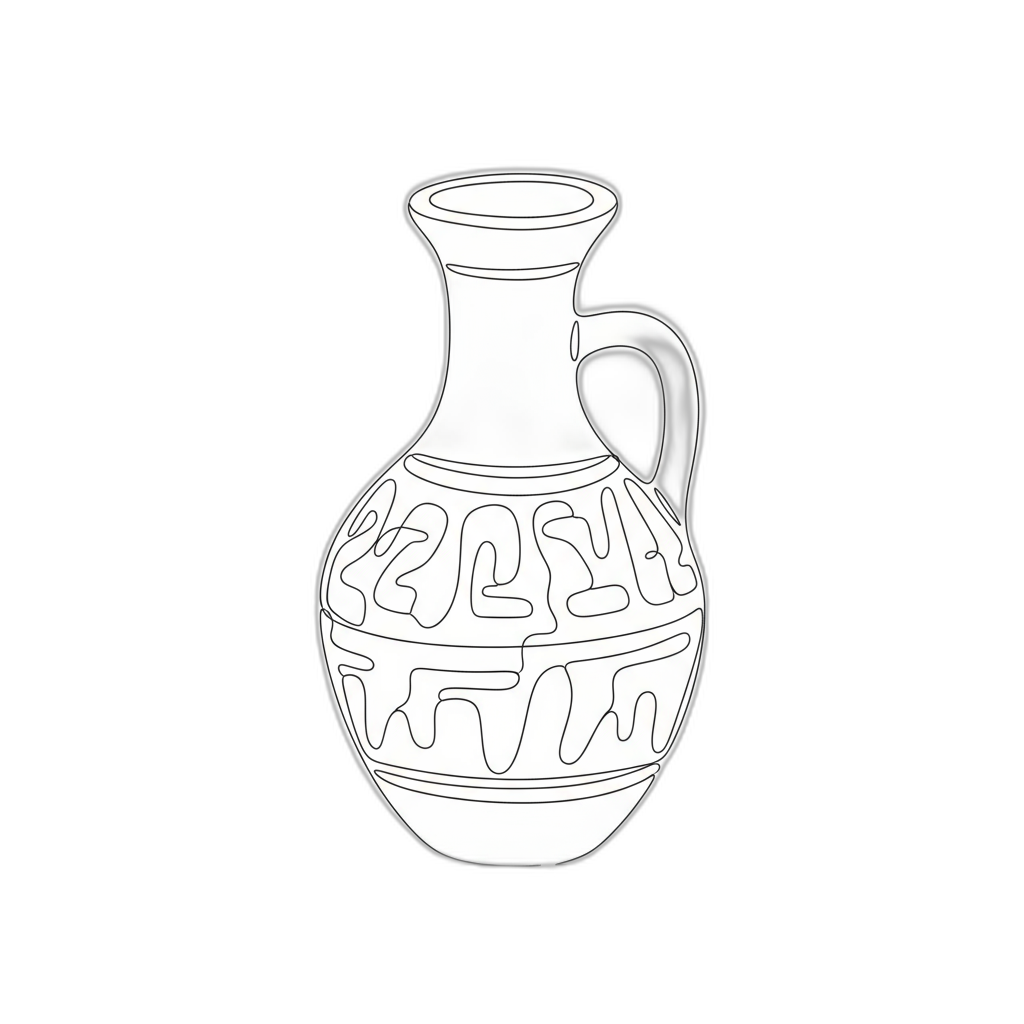
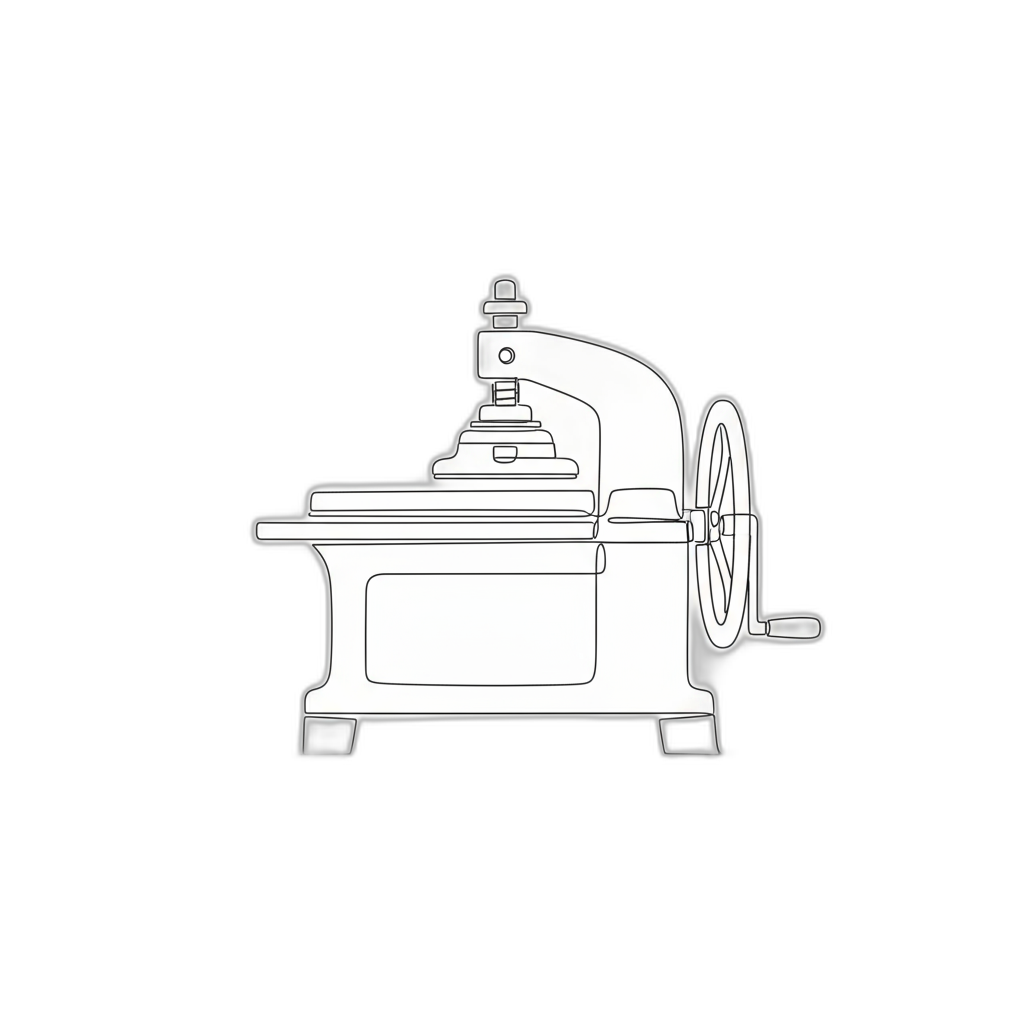


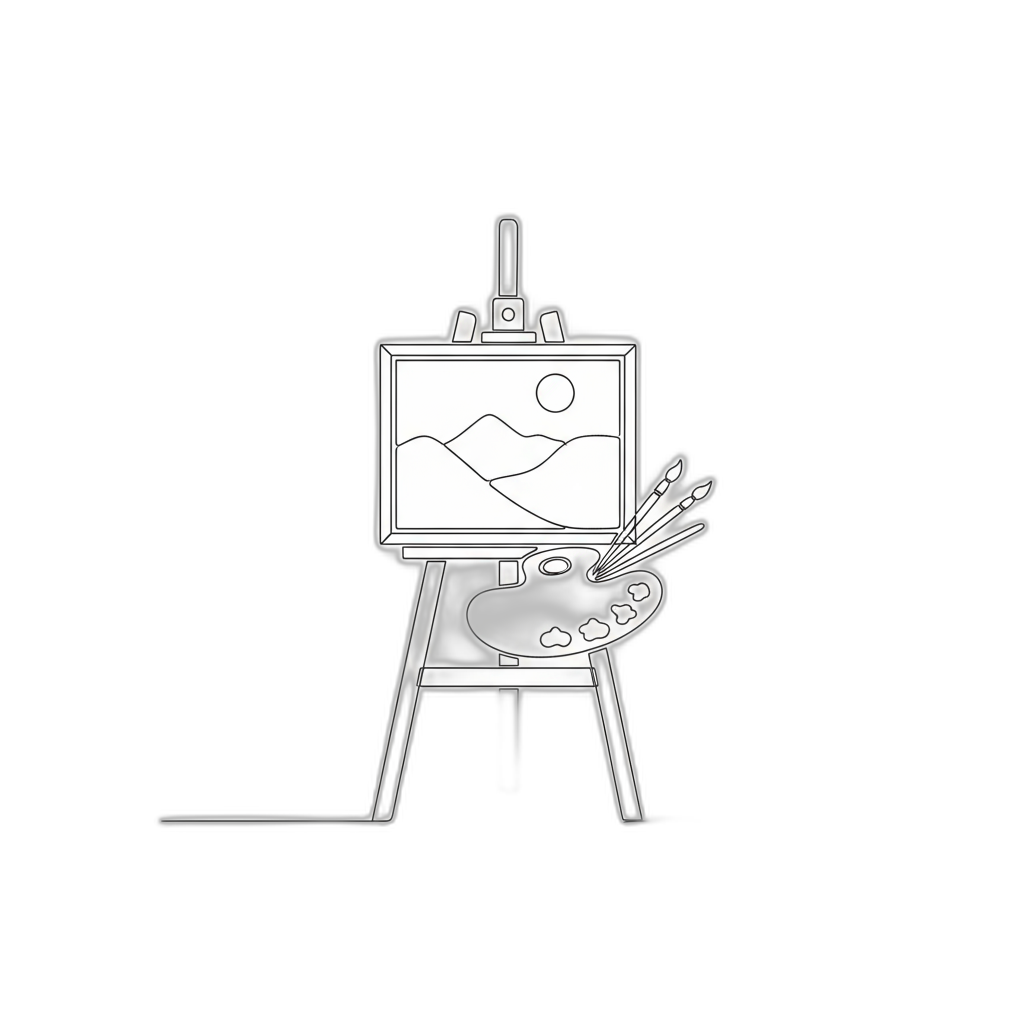
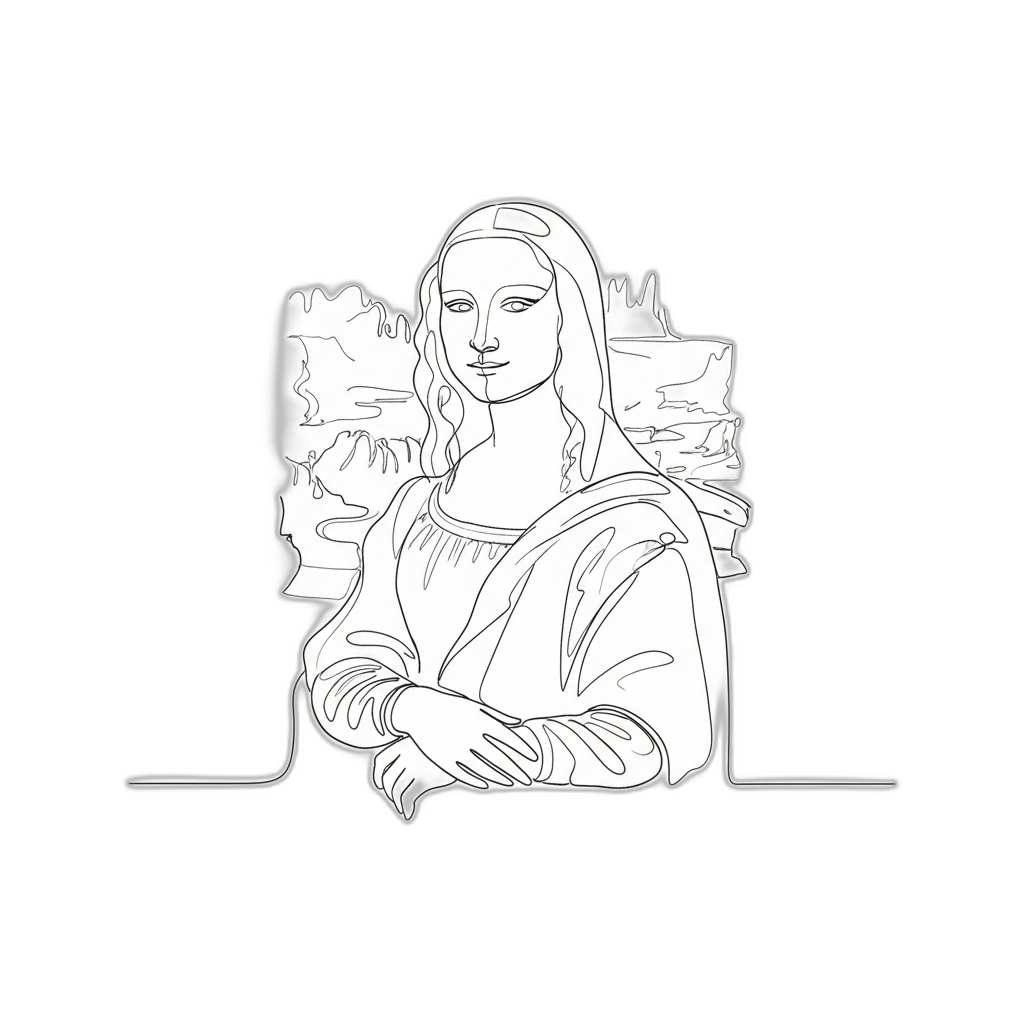

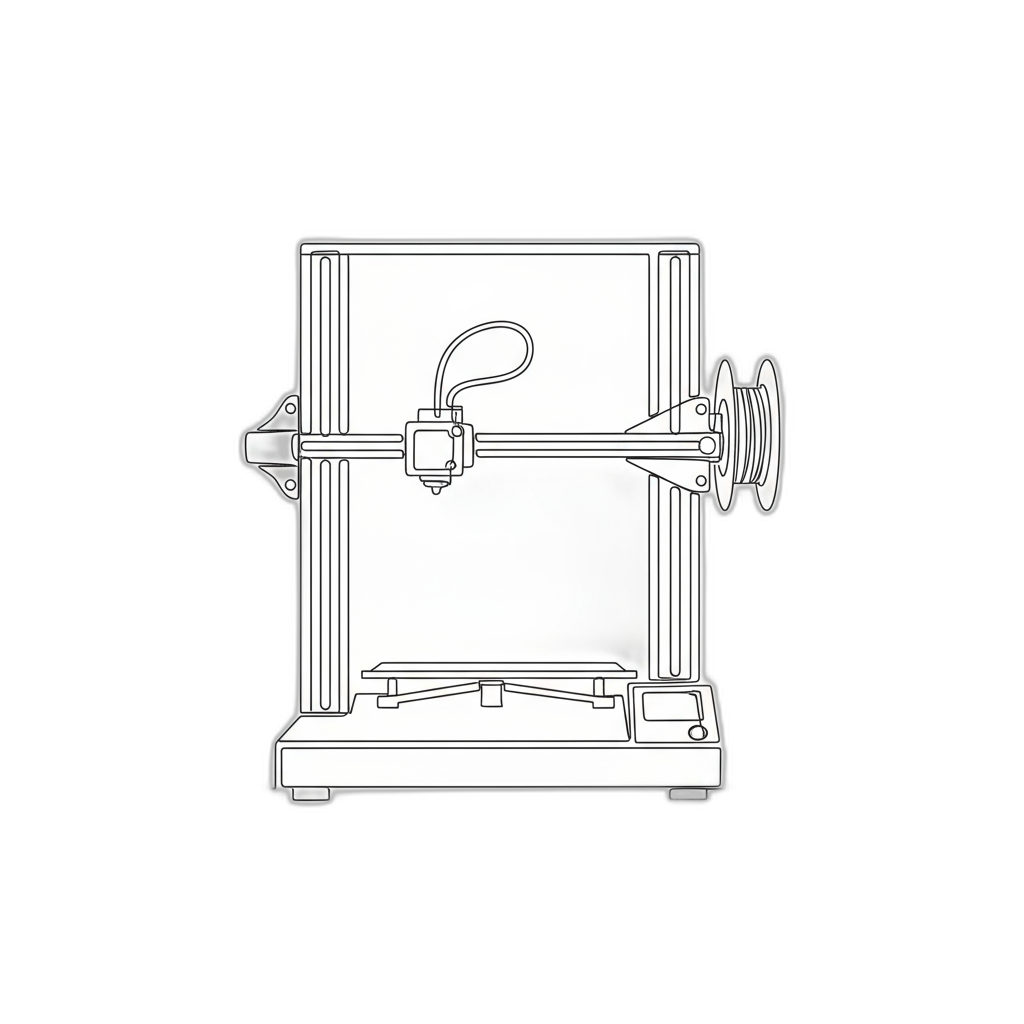

.svg)









